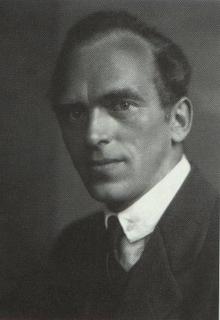Frans G Bengtsson
| Frans G. Bengtsson | |
|---|---|
 |
|
| Born | Frans Gunnar Bengtsson 4 October 1894 Sweden |
| Died | 19 December 1954 (aged 60) Sweden |
| Occupation | Novelist |
| Genre | Fiction |
Frans Gunnar Bengtsson (4 October 1894 – 19 December 1954) was a Swedish novelist, essayist, poet and biographer. He was born in Tåssjö (now in Ängelholm Municipality) in Skåne and died at Ribbingsfors Manor in northern Västergötland.
Bengtsson began as a poet, with his debut work Tärningskast (Throwing Dice) published in 1923. In 1929 he published an essay collection titled Litteratörer och Militärer (Writers and Warriors) with contributions on François Villon, Walter Scott, Joseph Conrad, and Stonewall Jackson. His essays mainly dealt with literary and historical subjects. A selection was translated into English in 1950 and published as A Walk to an Ant Hill and Other Essays.
His biography on the Swedish king Charles XII (Karl XII:s levnad) 1932 is his magnum opus. He describes the king through excerpts from contemporary diaries by officers and common soldiers, and from a wealth of quotes from the published literature. Bengtsson's work draws heavily on the biography of Charles XII by Voltaire published in 1731, thirteen years after the king’s death.
Later, Bengtsson became widely known for his Viking saga novel Röde Orm (The Long Ships), published in two parts in 1941 and 1945. The hero Orm, later called Röde Orm (Red Snake) because of his red beard, is kidnapped as a boy onto a raiding ship and leads an exciting life in the Mediterranean area around the year 1000 AD. Later, he makes an expedition eastward into what is now Russia. The Long Ships was later adapted into a film.
Bengtsson once said: "Joan of Arc, Charles XII, and Garibaldi are the persons I would like to meet - for them the truth was more important than intrigues."
...
Wikipedia
